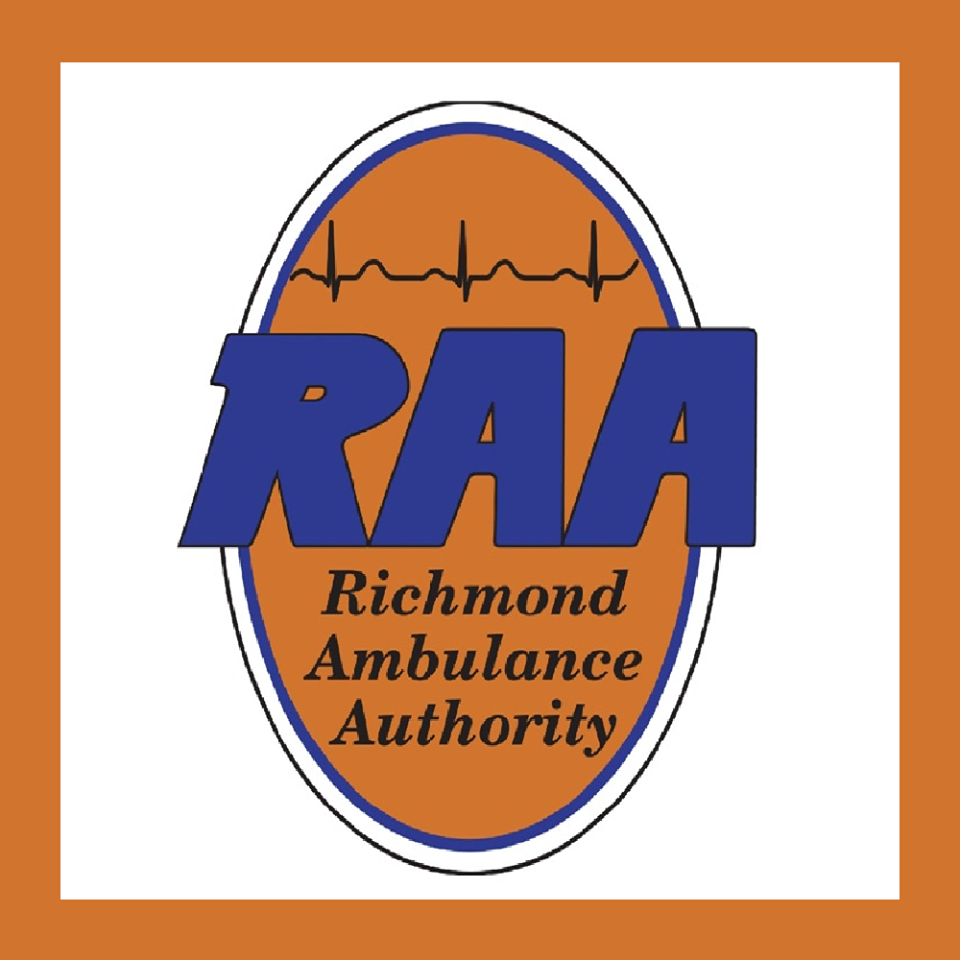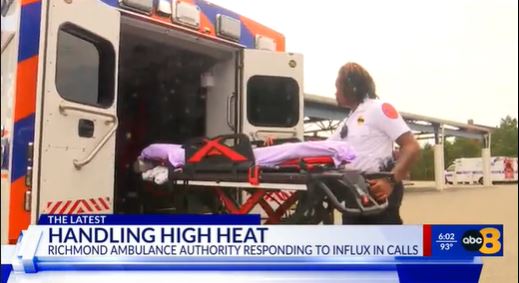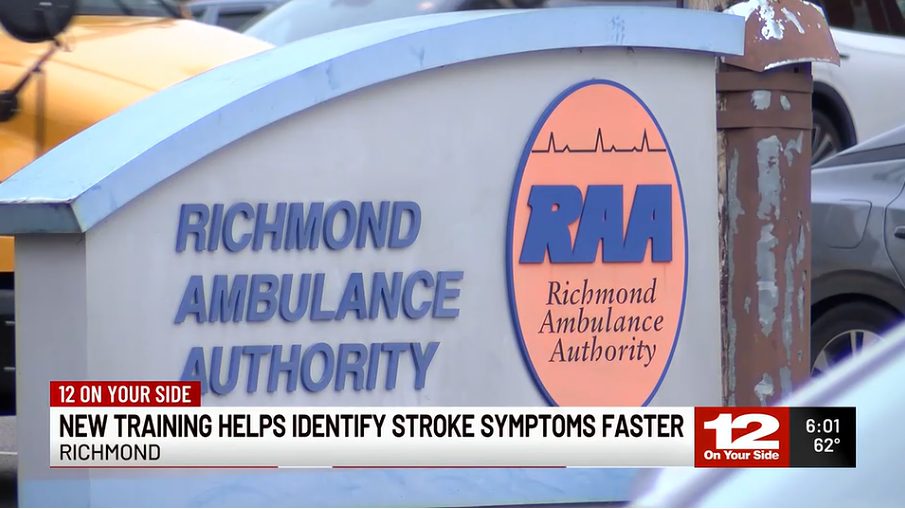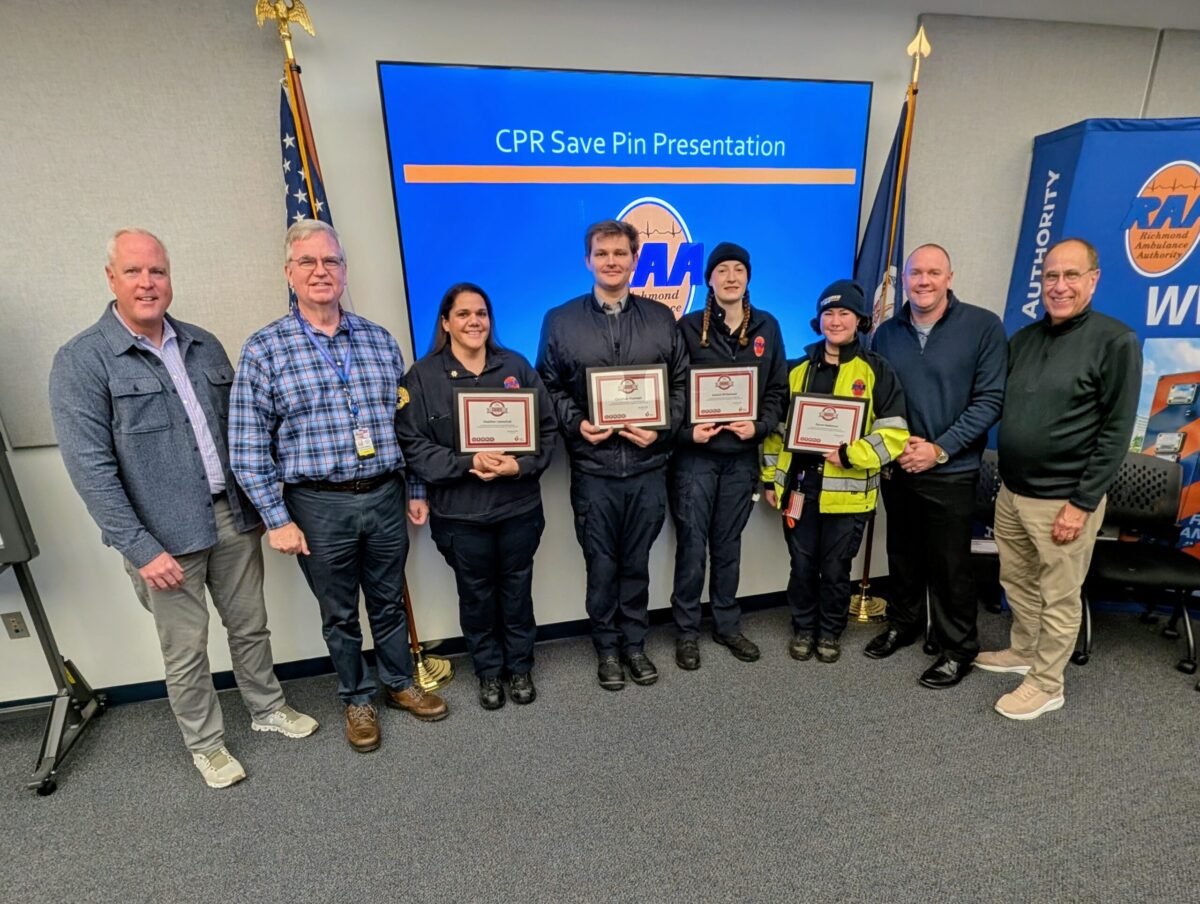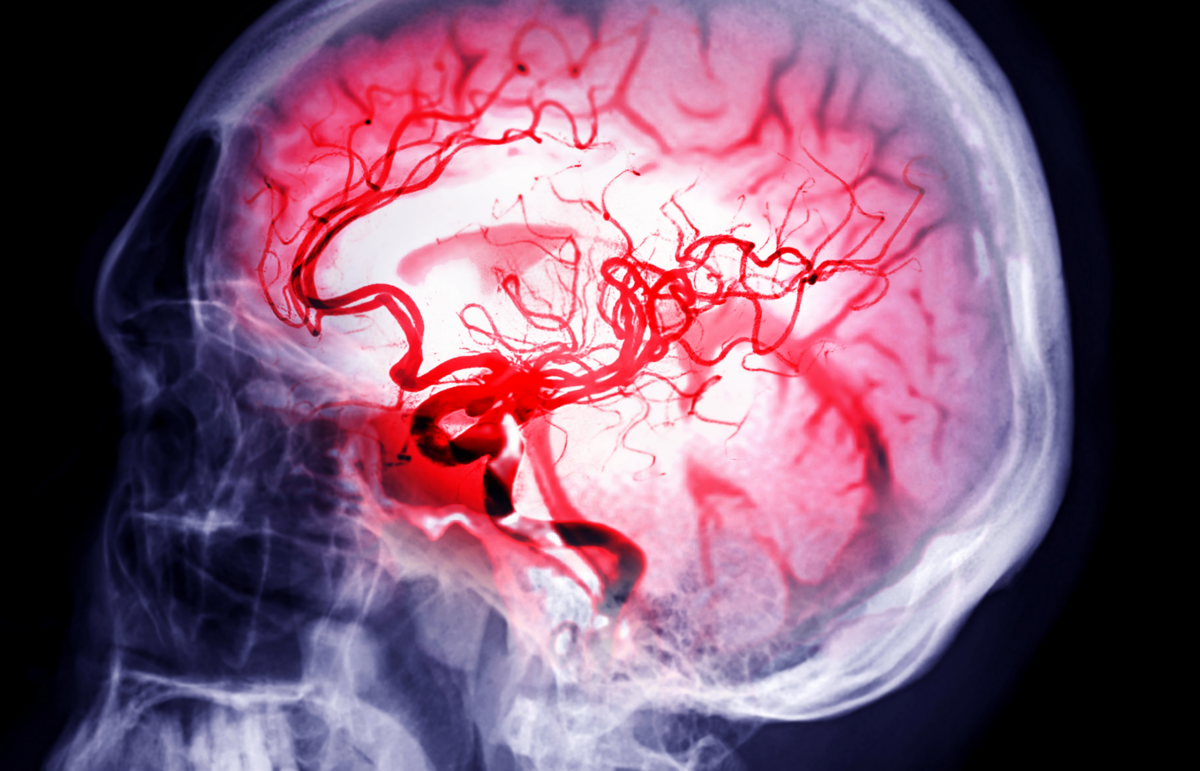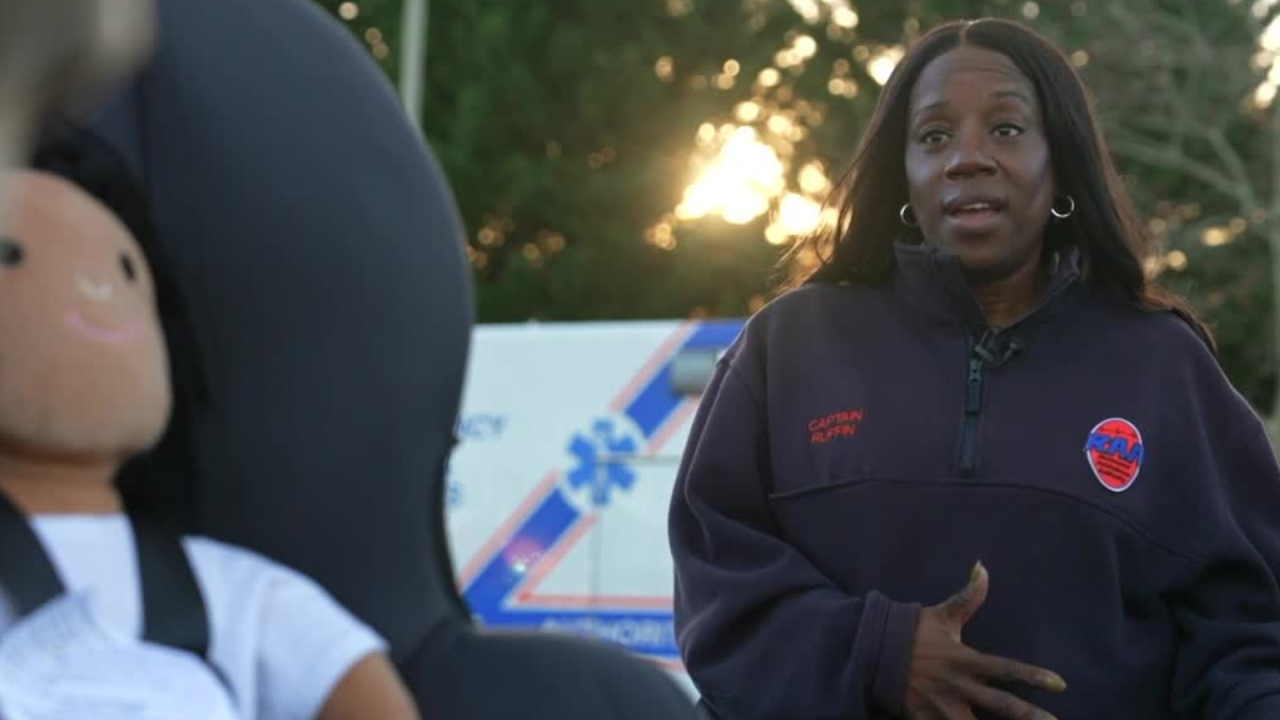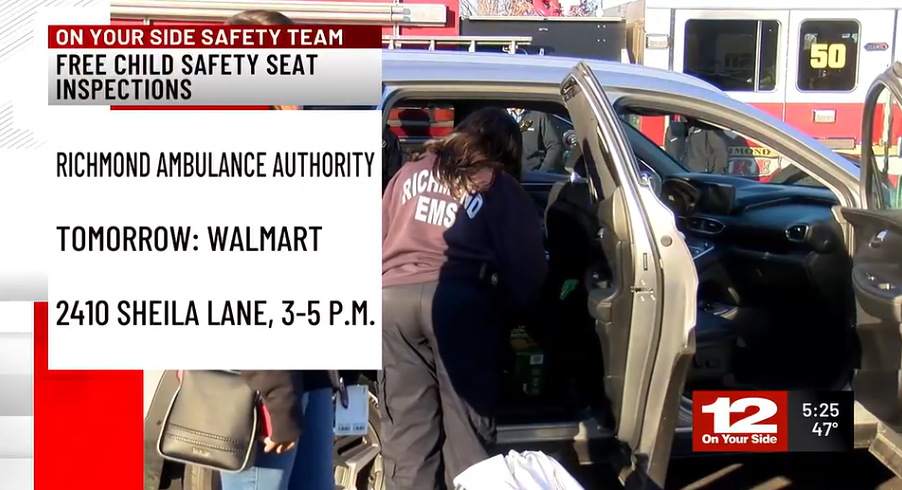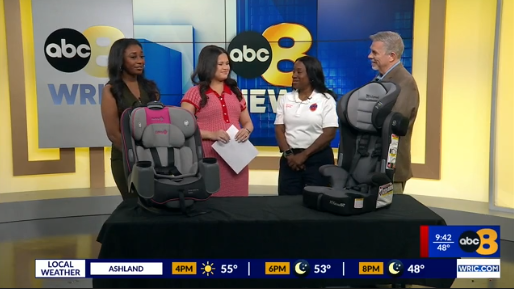This article originally appeared on wric.com
Communities depend on first responders to help keep them safe and, during these past three weeks of extreme heat, the Richmond Ambulance Authority has seen even more calls for help than normal.
8News spoke with the authority’s Lieutenant Xavier Smith to learn more about the connection between the growing call log and growing temperatures.
“We’re averaging about a seven-call per-day increase,” Smith said.
While responders can’t pinpoint exactly how many calls were directly related to the heat, first responders confirmed they’ve seen an influx of patients with heat exhaustion, as well as people showing symptoms like cramps and dehydration.
“We’re also seeing some heat strokes — not as often, but heat strokes generally present as confusion, a little bit of like nausea [and] vomiting,” Smith said. “Sometimes you might have seizure-like activity and the biggest thing is a lack of sweating.”
Smith said his team is on track to respond to 210 more calls this month than they saw in May.
When it comes to heat-related ailments, he said everyone should take precautions, but certain groups should be extra careful to monitor their symptoms while in extreme temperatures.
“It can affect the younger people and older people a lot more, just because they have difficulty regulating their body temperature compared to your middle-aged individual,” Smith said.
It only takes ten minutes in a car for a kid’s body temperature to increase by 20 degrees Fahrenheit, according to Smith.
If you’re going to be out soaking up the sun, Smith shared some advice.
“The biggest thing is, make sure that you’re drinking lots and lots of water and not super quickly,” Smith said. “Make sure you’re taking sips of water throughout the day. If you’re going to be outside, try to stay outside for a little bit and then take a rest break and go into a cooler environment later on in the day. Make sure you’re wearing hats, sunglasses — just to protect yourself.”
Authorities said mid-summer is typically when first responders see these sorts of heat-related illness spikes, so this isn’t necessarily uncommon, but it is something to make note of.
Healthcare professionals urge people to look after themselves and their children and pets to avoid any serious complications like heat stroke.
